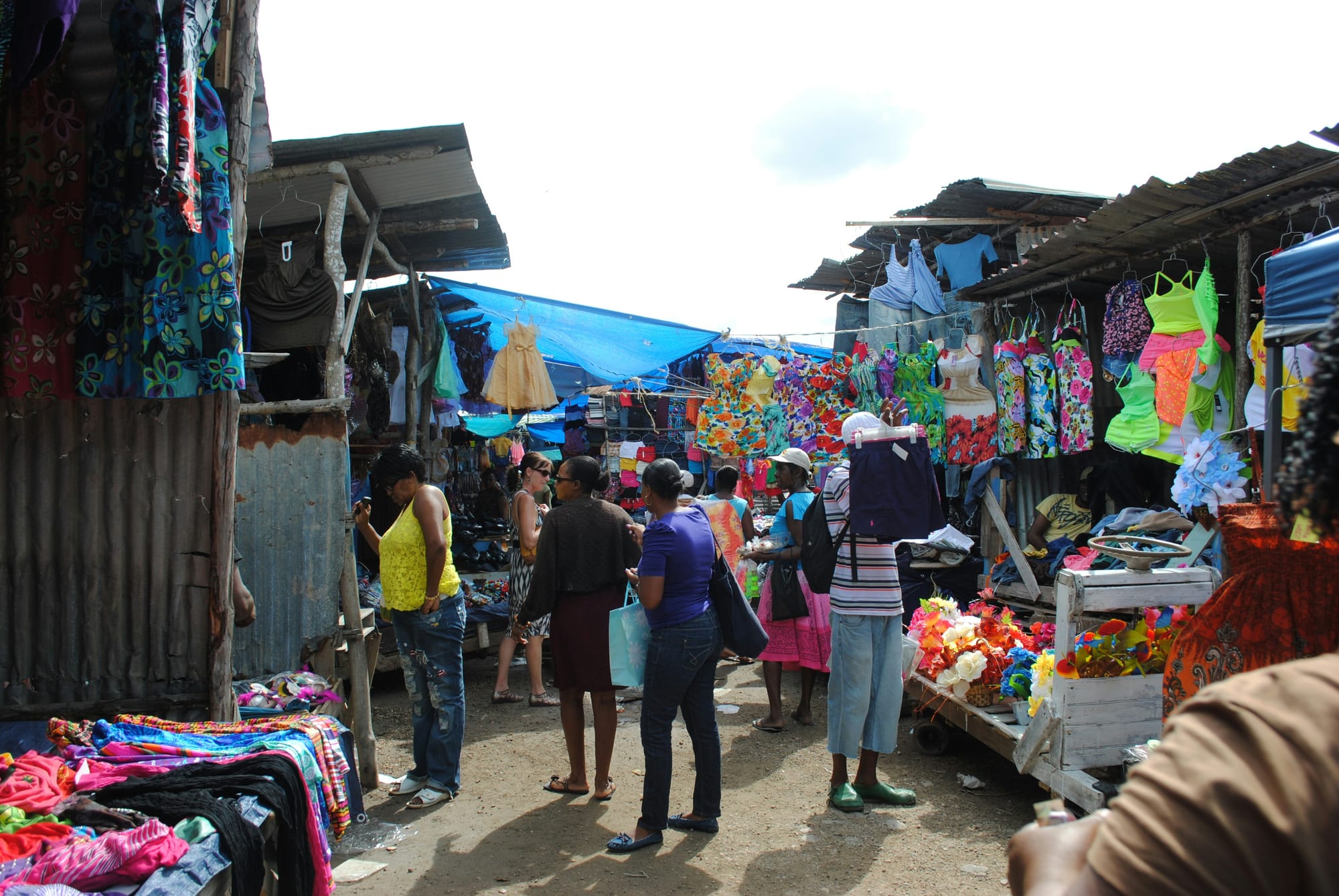"M" Is For Micro-Entrepreneurs
~3 min read

As the mobile gender divide gradually closes and women increasingly gain access to mobile phones, mobile money platforms targeting women have gradually begun to emerge. With women comprising up to 40 percent of small-scale entrepreneurs in emerging markets,[1] enhanced access to mobile finance platforms has the potential to dramatically expand business opportunities for female entrepreneurs.
In Africa specifically, female entrepreneurship is thriving, with a higher rate of female-run enterprises than on any other continent. According to data from the World Bank, nearly two-thirds of women are participating in Africa’s workforce, from selling used clothes to establishing globally-renowned tech start-ups.[2]According to Marcelo Giugale, World Bank director for poverty reduction and economic management in Africa, “Women in the private sector represent a powerful source of economic growth and opportunity.”[3]
While women make up an important segment of entrepreneurs and small-scale producers in Africa and other emerging markets, many are cut off from the global marketplace, due to a vast digital gender gap. Further, capitalizing on market opportunities can be challenging for low-income women, who often have limited access to financial services, such as savings products or loans to grow their small business.
An array of new mobile innovators have developed services to fill these gaps, from connecting small-scale entrepreneurs with a previously unreachable global marketplace, to providing the financial services required to embrace such an opportunity. Below, we survey a few players tapping into this still-emerging market – offering value-added mobile financial services targeting female entrepreneurs.
MFS for Micro-Entrepreneurs in Indonesia
Tapping into the rapid growth of mobile phones in emerging markets, the Grameen Foundation and the eBay Foundation recently banded together to develop two new mobile platforms that aim to address business challenges facing micro-entrepreneurs in Indonesia. The Mobile Transaction platform first streamlines back-end operations for entrepreneurs, from monitoring sales performance to paying essential bills. The second platform, a Mobile Marketplace, then enables mobile-based sale of goods and services to previously unreachable markets.[4]
While the platforms are not exclusively intended for women, they will first be introduced through the Grameen Foundation’s existing Mobile Microfranchising network, which comprises more than 10,000 micro-entrepreneurs – the majority of whom are women selling airtime in their communities. By integrating mobile financial services into this network, eBay Head of Global Social Innovation Lauren Moore said she hopes to increase the number of micro-entrepreneurs in Indonesia to 60,000 over the next three years.[5]
According to Moore, in a recent Huffington Post article: “Mobile phones are empowering users to gain control of often volatile financial conditions, particularly in informal markets.”[6]Ultimately, the platforms aim to provide micro-entrepreneurs with the tools and opportunities necessary to build their businesses and gain financial independence.[7]
SasaAfrica: Connecting Small-Scale Producers with Global Markets
In Sub-Saharan Africa, tens of millions of women work in the craft sector, where they often earn subsistence incomes with little or no opportunities for long-term growth. SasaAfrica offers these women an SMS-based e-commerce platform through which they can connect with a global, online consumer base.[8]
Specifically, the platform enables vendors to create personal, online storefronts which can be populated through an SMS-based mobile phone registry. By visiting the soon-to-be-launched SasaAfrica website, global consumers will be able to purchase products directly from vendors, streamlining cross-border supply chains. Once a purchase has been made, SasaAfrica facilitates the transaction, converting credit card purchases into mobile money payments which are deposited directly into vendors’ accounts.
For women entrepreneurs in Kenya and beyond, platforms like SasaAfrica’s mean that limited access to the Internet or bank accounts is no longer an insurmountable obstacle; rather, through mobile technology, even the most remote vendors can become part of the global marketplace.[9]
Cherie Blair Foundation: Fostering Female Entrepreneurship with Mobile Phones
With a mission to foster entrepreneurship among women in emerging markets, the Cherie Blair Foundation for Women last year undertook a study to understand how mobile technology could help women entrepreneurs manage and grow their businesses.[10] Based on their findings, the foundation has since developed a range of mobile-based services to support women entrepreneurs from Kenya to Nigeria.
In Kenya, where 85 percent of women’s businesses are in the informal sector, the foundation has partnered with CARE Kenya to connect 4,000 women entrepreneurs with financial institutions via their mobile phones.[11] Armed with financial access, these women can potentially obtain loans to grow their business, or save their profits in interest-earning accounts – both of which will increase their chances for long-term success.
With support from the ExxonMobil Foundation, Cherie Blair has also launched women-focused mobile services in Nigeria, where women entrepreneurs comprise 25 to 30 percent of the registered businesses. The Business Women Initiative, implemented in partnership with Nokia and MTN Nigeria, aims to reduce key challenges facing women business owners. Namely, the opt-in service provides business development training via mobile phones, including advice on working with traders, improving distribution channels and registering a business.[12]

And The Winner Is...Mobile Donations
MFS For Women: An Untapped Opportunity?